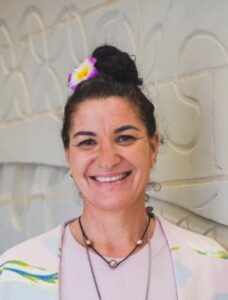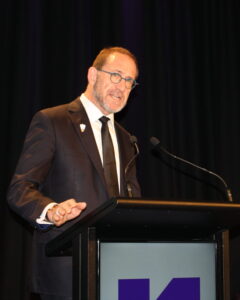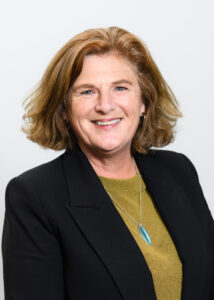
Manawātu nurse and NZNO board member Saju Cherian, who is from India, said New Zealand was now the “preferred destination” for overseas nurses thanks to the visa change — alongside recent pay parity and pay equity commitments.
However, the New Zealand nursing workforce crisis “would have been eased if nurses were in the green list from the beginning”, he said.
Immigration Minister Michael Wood announced this month that from December 15 nurses and midwives would be eligible for the straight-to-residency green list, alongside their doctor colleagues. This would allow them to apply for residency immediately, rather than wait two years as previously required – a decision tagged “sexist” at the time by NZNO and midwifery leaders.
Cherian said the Indian community was “very happy” with the move, which would allow many families to reunite and stay in New Zealand. One nurse had already dropped plans to move to Australia now she would be able to move her family over here as a resident. Another said it was a great relief as gaining residency status meant her husband could now resign from his job in the Middle East and join her, he said.

Whitireia’s head of Pacific nursing Tania Mullane said the news was “fantastic”.
“It’s definitely a positive for Pacific Island-trained nurses which gives them opportunities to come to New Zealand to live and work.”
Auckland-based nurse Melody Opanes-Kircher, who administers an 84,000-strong Facebook group for Filipino nurses, said it was “big news”, sparking huge interest amongst members.
“There is a global shortage and New Zealand needs to be competitive,” she said. “This news will certainly attract nurses to stay and settle here.”

Japan, the United Kingdom and Germany had all made it easier for internationally-qualified nurses (IQNs) to work there, with fast processing, guaranteed jobs and work visas. New Zealand still did not yet offer all they did, but the latest move made it more attractive, Opanes-Kircher said.
NZNO chief executive Paul Goulter said he was “pleased” with the move, which followed NZNO’s campaign, Maranga Mai!, to resolve nursing shortages.
“It was a key part of Maranga Mai! and we’re pleased to see the Government finally listening and putting nurses on the fast track to residency.”
But it was essential the IQNs were given cultural competency training and paid the same as their peers, he said.
“Wherever they end up working, we need to make sure there is pay parity being achieved as soon as possible for them, following Andrew [Little]’s announcement.”

Minister of Health Andrew Little said in November he will invest $200 million per year to bring in pay parity for nurses working in aged care, hospices, community and Pacific and Māori health providers, so they would be paid the same as Te Whatu Ora nurses. Practice nurses were not included in the deal at this stage, as Little said there was not the same evidence of pay disparity.
Cultural competency training
In response to high numbers of IQNs applying for Kiwi nurse registration, Nursing Council was bringing in interim cultural competency training in 2023, and this would likely be online, chief executive Catherine Byrne said.
New permanent introductory training to nursing in Aotearoa, including te Tiriti and cultural safety, is due to be launched in 2024. The Council was still looking at a range of options, Byrne said.
More than 4000 IQNs had applied for New Zealand registration over the past six months – nearly double that of the first half of the year and “… given the Government’s recent immigration announcements it is likely that the Council will continue to receive high numbers of applications through 2023”.
To compare, in 2019/2020, the Council registered 2768 IQNs over the entire year, Byrne said.
“Requiring all nurses to complete a learning module also helps ensure that from day one they understand the unique environment, culture and expectations of nursing in Aotearoa New Zealand–including our specific approach to concepts such as cultural safety,” Byrne said in September.

Te Whatu Ora chair Rob Campbell said while the new setting would not be a “magic pill” for short-staffing, it would make New Zealand more attractive for internationally trained nurses. “We think it will be very helpful and it’s something we wanted to see.”
Cherian said he believed the change had been helped by NZNO’s “strong advocacy”. However, concerns remained over a lack of timeframes on the Immigration NZ website and the cost of a residency application – which had doubled to $4290.
Nurses have generally welcomed a move by Te Whatu Ora earlier this month to give them interim pay equity rates while the battle for higher rates and two years’ of back pay continues between NZNO and Te Whatu Ora in the Employment Relations Authority and Employment Court, consecutively.
See also: Maranga Mai! Immigration — What needs to change?




